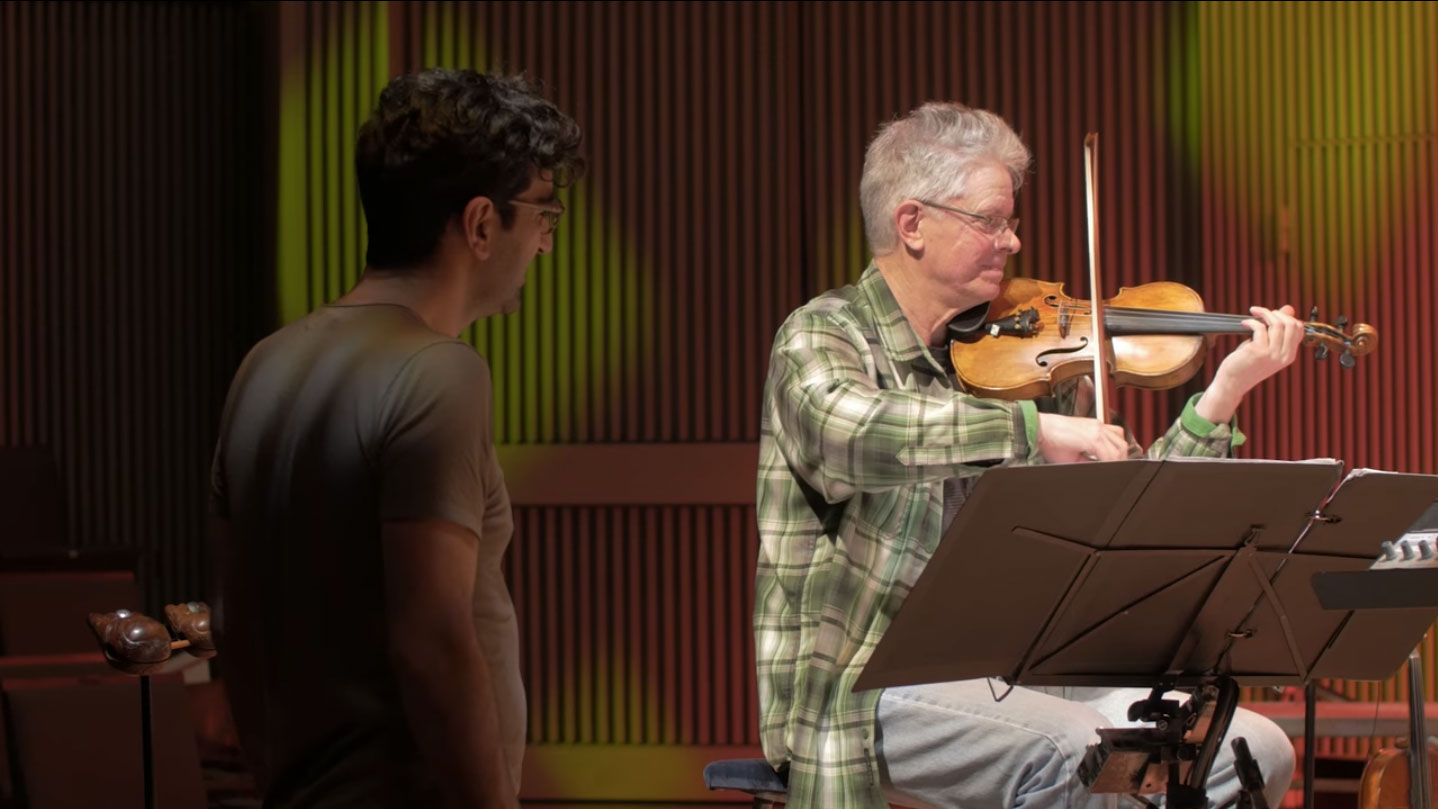As a western-trained classical musician who grew up in a musical household filled with traditional Persian music, I have a special place in my heart for any artist who draws upon their own heritage while creating a relevant voice in our increasingly complex and plural world. Iranian-born composer Sahba Aminikia is just that kind of artist.
In the middle of rehearsals for the 10 works that Aminikia composed, arranged and presented at last month’s annual Kronos Festival, airports across the country were rocked by chaos and protests in response to President Trump’s travel ban against refugees and visa- and green card-holders from seven Muslim-majority countries — including Aminikia’s own home country of Iran. Aminikia, a refugee himself, came to the United States in 2006 to study music, a pursuit inconceivable in Iran given his Baha’i faith. (One of Iran’s religious minority groups, the Baha’i face serious discrimination and are deprived of basic human rights, including the right to education.)
For Aminikia, the ban felt not only personal, but against all he holds dear in America. “It’s inhumane and has nothing to do with the human values that this country holds,” Aminikia told me. “We are going through an extreme time and if I can create that [cultural] bridge, that serves my purpose as a human being.”

When Kronos Performing Arts Association commissioned Aminikia to compose a 30-minute sacred work to stand as a centerpiece of the Kronos Festival, Aminikia reached out to the founding director of the Afghanistan National Music Institute to suggest a collaboration combining the recorded voices of more than two dozen Afghan students with live singing by the San Francisco Girls Chorus. The result was ‘Music of Spheres,’ interwoven with the four string voices of the Kronos Quartet. To bridge worlds on opposite sides of the globe, Aminikia immediately went about selecting Persian lullabies for the project because, he says, “Everyone, no matter what nationality you are coming from or what color you are, or what culture you come from, you are always bound to lullabies.”



